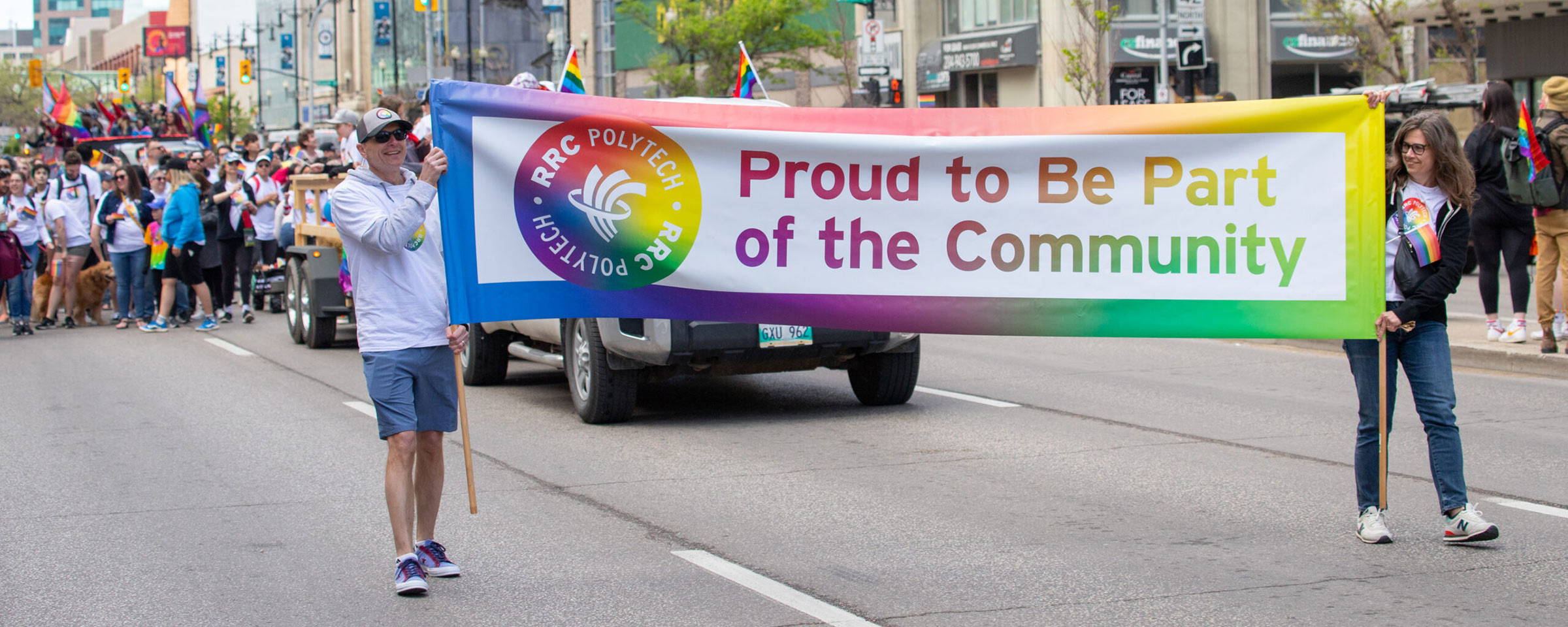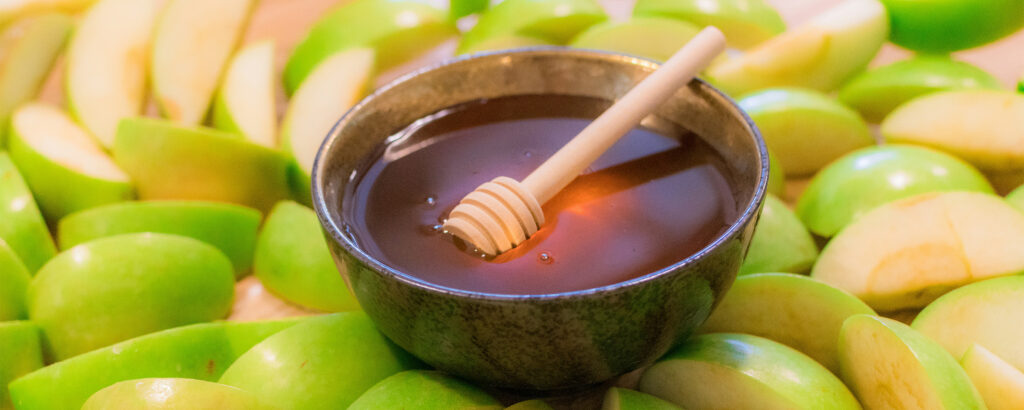Jewish High Holidays 2024
Rosh Hashanah, beginning before sundown on Wednesday, October 2, and ending after nightfall on Friday, October 4, is the first of a series of significant high holidays coming up in the Jewish calendar. Rosh Hashanah, which marks the start of the Jewish New Year, culminates with Yom Kippur, beginning before sundown on Friday, October 11, and ending after nightfall on Shabbat, October 12, and is the day of atonement. The period between Rosh Hashanah and Yom Kippur is considered very important as a time of reflection, repentance and renewal.
Rosh Hashanah and Yom Kippur are followed by Sukkot (Fall Solstice), Shemini Atzeret (marks the transition back to routine life), and Simchat Torah (celebrating the torah).
Whether the Jewish community observes the high holidays from a religious or cultural perspective, there are specific ways in which Rosh Hashanah and Yom Kippur are typically celebrated.
Rosh Hashanah
On “erev,” the evening of Rosh Hashanah, it’s typical to host large dinners with family and friends and eat sweet things like apples and honey and honey cake to symbolize a “sweet new year.” Challah (egg bread) which is the shape representing the cycle of life is also enjoyed. These dinner celebrations happen for two nights, and people who are observant typically go to synagogue over the two days for Rosh Hashanah services and to listen to the shofar, a ram’s horn that is blown like a trumpet.
Yom Kippur
On Yom Kippur, the Day of Atonement, those who are observant fast with no food or drink during that time and go to synagogue both the “erev” (evening of) Yom Kippur and the next day until the fast ends. At sundown after the fast ends, family and friends get together to break the fast.
The 10 days between Rosh Hashanah and Yom Kippur are considered very significant. Listening to the shofar and having community gatherings is typical during this time.
Coming up on Wednesday, October 9, there is a Tashlich Picnic organized by the Jewish Federation of Winnipeg. Visit the Jewish Federation of Winnipeg’s Community Calendar for more events happening during the high holidays.
Shana tova umetuka! (Have a happy and sweet new year!)

